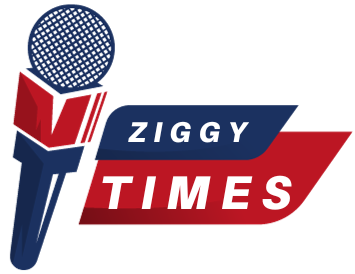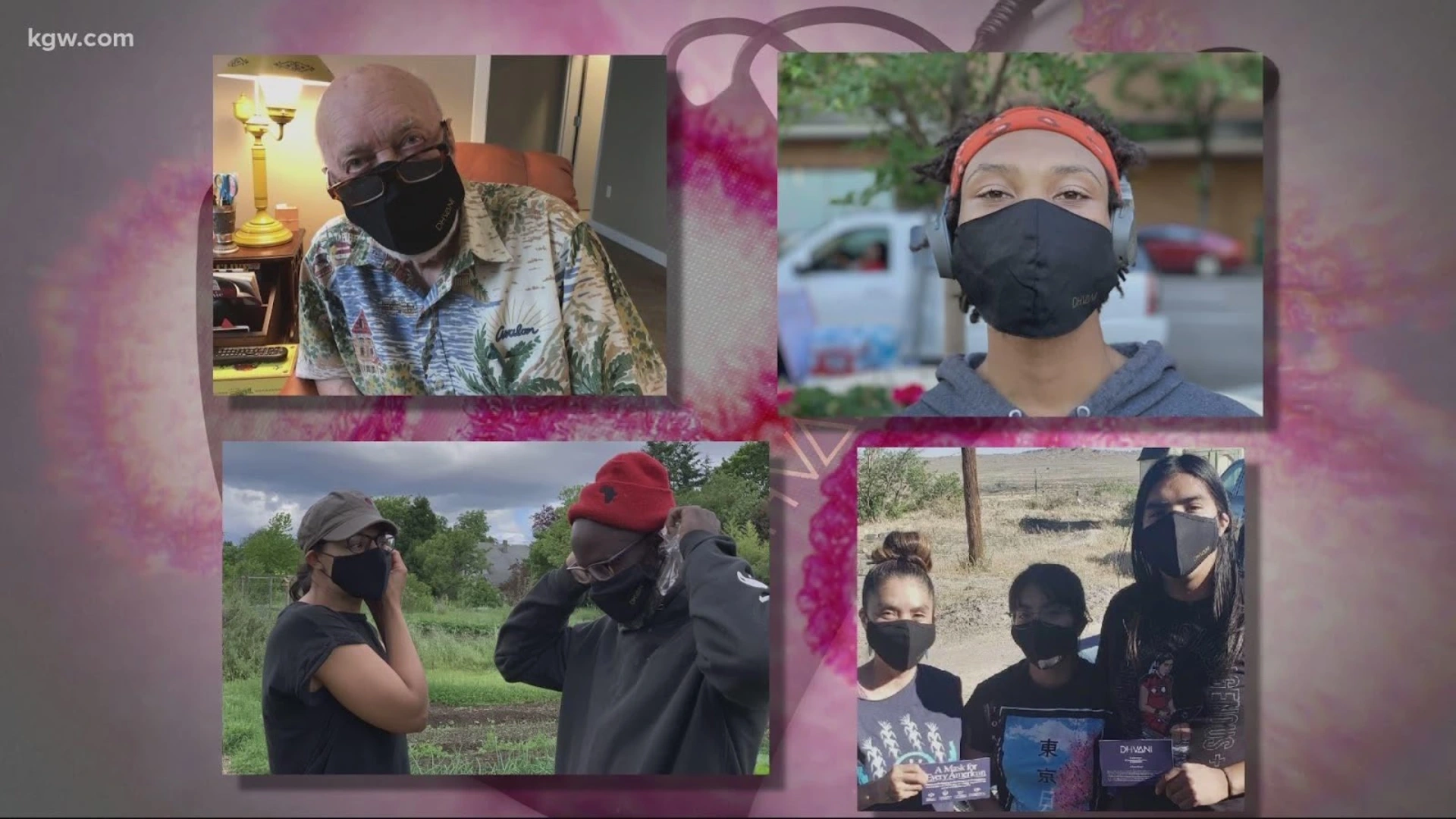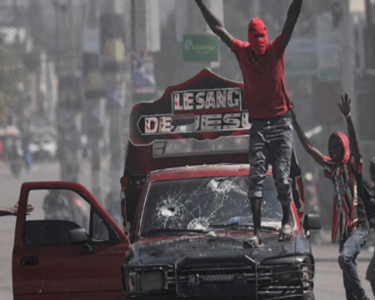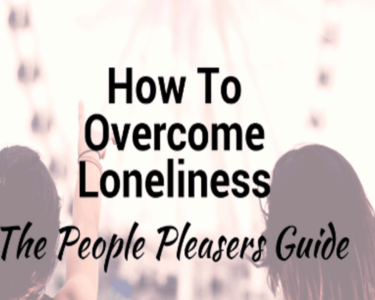As COVID-19 cases continue to surge across the country, Portland-based small businesses have come forward to support COVID victims. From sewing fabric and producing masks to offering free services in schools – these entrepreneurs have taken up this challenge with gusto.
Local fabric stores and volunteers have assembled hundreds of cloth masks using patterns provided by creative professionals such as photographers, set designers, costume creators or costume creators for donation to hospitals. Their goal is to connect creatives (such as photographers, set designers or costume creators ) with those in health care who require these supplies.
Upcycle Project
Fashion brands have responded to the face mask shortage by reallocating resources in order to keep people safe. Designer Prabal Gurung, for instance, is donating 30 percent of sales from his COVID-19 masks until May to God’s Love We Deliver and No Kid Hungry; and The Upcycle Project in Miami is using incorrectly printed T-shirts from its production process into frontline workers masks using seamstresses who have been furloughed sew these masks together.
More: NASA Langley Visitor Center | Minnesota Museum | High Camp Supply | Amazon Fresh | Wyoming Museum | Reach Global Audieances | Hotels by NASA
Black Strap of Bend has taken up the challenge of developing cloth face coverings with great success, providing outdoor enthusiasts with balaclavas, gloves, hats and now everyday face masks as well. Furthermore, they donated sewing machines to Talent Maker City so that locals can create their own masks themselves.
Cloth face coverings are recommended by the Centers for Disease Control and Prevention (CDC) to mitigate against the spread of novel coronavirus, in addition to social distancing and washing hands frequently. Cloth coverings provide protection from airborne pathogens, infectious droplets and accidental splashes of liquid.
Black Strap offers both cotton and fleece masks for wear over helmets, the latter of which provides insulation against both cold and warm climate conditions. Furthermore, Black Strap uses recycled materials in its production, further reducing environmental impacts in this regard.
As cloth mask sales increase, other designers are showing their support. Ralph Lauren recently pledged $10 million worth of clothing donations to health-care workers in New York City and elsewhere; additionally, their Ralph’s Coffee trucks will visit hospitals offering free coffee and snacks.
Portland is making efforts at waste reduction more sustainable by encouraging people to share unwanted PPE equipment, including reusable masks which are both more cost-effective than purchasing new ones and help cut waste.
A growing movement towards sustainability calls for moving from a linear model of consumption and disposal toward one that prioritizes sharing, repairing and creative upcycling. Portland already leads in this regard through partnerships between nonprofits, businesses, civilians and various bureaus and layers of government.
Hanesbrands
During the COVID-19 pandemic, many fashion brands and their leaders donated funds and converted factories to manufacture masks that frontline workers could wear while on duty. Some also created foundations dedicated to fighting coronavirus.
Hanesbrands, an underwear and bras manufacturer, has generously given away over 3 million pairs of socks to shelters and organizations since 2016. Additionally, over one million pieces of underwear were donated as well. Furthermore, Hanesbrands pledged to donate critical basic apparel such as socks to shelters during 2018. Lastly, it set itself a goal of being carbon neutral by 2025.
Dickies, Champion, JanSport and The North Face are some of the many brands under its umbrella. Additionally, it has joined with the Environmental Protection Agency to promote its ENERGY STAR(r) industrial partnership aimed at helping consumers reduce both money spent on energy use while decreasing carbon footprint.
Adina’s Jewels in Portland has pledged 5% of jewelry sales proceeds to the COVID-19 response fund and has already raised over $5,000 through their partnership with PPE 2 NYC to send these funds directly to WHO.
Hanna Andersson, a children’s apparel brand for boys and girls, recently started giving away organic cotton pajama sets to health care workers and hospital patients across the United States. These donations have already taken place in New York City, Los Angeles and Portland hospitals as part of an initiative with Baby2Baby that raises funds for medical workers’ masks.
Kering, the luxury French fashion conglomerate, recently donated over 3 million masks to French health services. Their brands – Gucci, Saint Laurent and Balenciaga among them – also donated toward this cause; while its factories in Italy prepared more masks as the situation unfolded.
The Fossil Cartel is a boutique gem and mineral shop offering exquisite crystals, minerals, fossils and jewelry to people seeking beauty in life. Owner Susan Landa draws her passion from creating products to improve lives around her – she hails her background of fishing and camping as sources of inspiration – now channeled into making unique trail mix products and bath salts!
Fruit of the Loom
The coronavirus pandemic has forced many businesses to close, yet that hasn’t stopped them from upholding President Franklin Roosevelt’s World War II directive that powerful enemies should be out-fought and out-produced.
Inspired by Rosie the Riveter, theater costume makers are creating masks, distillers are creating hand sanitizer, global sportswear brands are producing face shields, while chefs deliver food directly to frontline healthcare workers.
Fruit of the Loom, a maker of woven textiles based out of Portland, recently reopened their Piscataway, New Jersey and Johnson County Texas workshops to produce non-surgical cloth face masks for states affected by pandemic flu.
Their cotton-polyester blend masks are lightweight yet comfortable reusable versions which will come packaged in clear plastic bags with instructions.
Others companies are revamping their manufacturing processes as well. At dental equipment maker A-dec, employees have converted production areas to sew protective clothing needed for frontline workers.
Oregon-based activewear brand Dhvani donated 10,000 medical-grade masks to Providence St Vincent Medical Center in Portland while also providing essential workers across the country with gear.
Who Wants To Contribute But Lack a Needle or Sewing Machine? Numerous online mask patterns are available for free online. Some are made of lightweight fabrics like cotton and flannel; others boast intricate floral and cat prints – each designed to meet health authorities’ guidelines, which recommend children 2 years of age and older should wear face coverings while outdoors or at school; similarly adults should donning masks when maintaining six feet from other people.
Ella Hall, owner of fabric company Stitchroom in New York, launched the mask-making movement after seeing customers donate their sewing supplies to local hospitals. To be effective at giving back, Ella suggests groups donating masks coordinate with local hospitals on drop-off locations for drop-off. She suggests leaving bags on neighboring porches is also another effective way of providing assistance.
Stitchroom
Stitchroom has recruited additional staff to assist in order fulfillment, and has also collaborated with local groups and fabric suppliers. Crafters Against COVID-19 PDX is working with the county health department to distribute masks to hospitals that need them.
See More: Flagstaff Museum | Terry Bryant Accident Injury Law | Nevada Museum | Explore the Earth Surface | North Carolina Museum | Oregon Museum
Each hospital network’s point person for receiving orders and distributing masks promptly ensures they won’t become contaminated over time.
Participating in this effort requires coordination with health departments or each other; new cotton should not be used from leftover scraps; each mask should be sealed and time-stamped so hospitals know it is unopened and uncontaminated.
Chilewich has also changed their business model by providing washable mask covers, N-95 respirator covers, personal protective gowns produced at their Chatsworth factory team and accepting donations of usable cotton fabric to be used for PPE production.
Interior design studio Southern Studio Simplified has started virtual consultations and launched a GoFundMe campaign to pay its designers during the pandemic.
Luxury bedding and linens firm Matouk has dedicated its U.S. manufacturing and design resources to producing 25,000 fabric masks each week, as well as providing personal protective gowns to Cleveland Clinic in Weston, Florida where its U.S. headquarters is situated, as well as providing donated cot mattresses to veterinary offices and the CDC.
Other home goods brands are offering special promotions to support frontline workers. Ortho Mattress is offering one-for-one sales this May online and Portland-based pillow maker Pillow Pops will donate 10% of May sales to No Kid Hungry; providing one meal for each pillow sold!
Faire offers another avenue of giving back; their wholesale marketplace features face masks from over 200 makers at zero percent commission until June 8th with 30 percent of proceeds donated directly to L.A. Regional Food Bank and LA Emergency COVID-19 Crisis Fund respectively.





